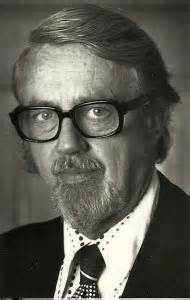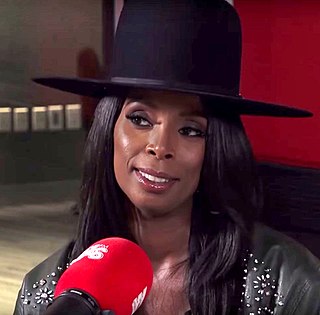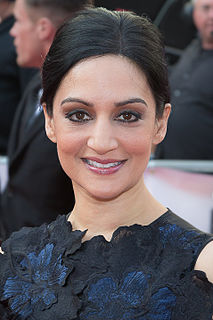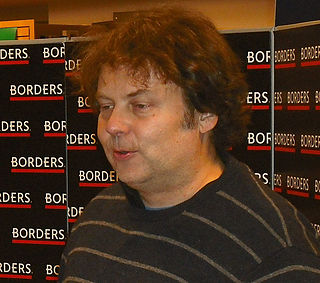A Quote by Lister Sinclair
The Canadian dialect of English . . . seems roughly to be the result of applying British syntax to an American vocabulary.
Related Quotes
Mr. Idris Elba is amazing! He happens to be British, but what's funny about him is that when he's speaking in his American dialect, he looks like he's a brother from the 'hood. But as soon as he brings out that English thing, I'm like, 'Woo! You look like you're from London. Oh my God!' It's like everything on him changes. He's so cool!
The one good thing to be said about announcing yourself as a writer in the colonial Canadian fifties is that nobody told me I couldn't do it because I was a girl. They simply found the entire proposition ridiculous. Writers were dead and English, or else extremely elderly and American; they were not sixteen years old and Canadian.
You will hear people say the C-word. Except, it's a regional language: in British English, c - t has much less of an inflammatory sense than it does in North American English. You can hear someone on British TV called "a c - ting monkey" or a man being called a c - t. The particular fascination of profanity is how culturally specific it is and how it evolves.
I think in Arabic at times, but when I'm writing it's all in English. And I don't try to make my English sound more Arabic, because it would be phony - I'm imagining Melanie Griffith trying to do a German accent in Shining Through. It just wouldn't work. But the language in my head is a specific kind of English. It's not exactly American, not exactly British. Because everything is filtered through me, through my experience. I'm Lebanese, but not that much. American, but not that much. Gay, but not that much. The only thing I'm sure of, really, is that I'm under 5'7".





































